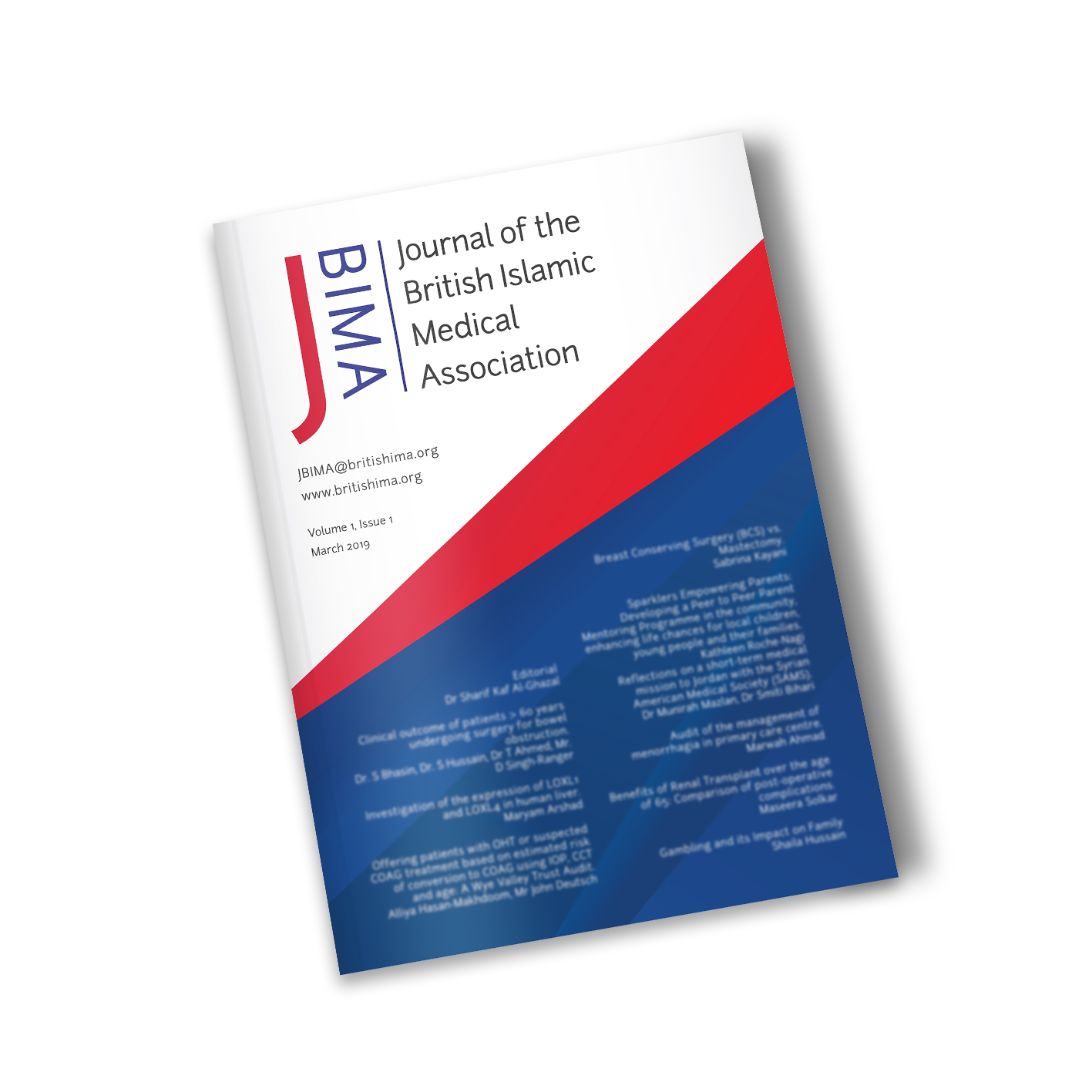
Conflict has devastating effects on countries, in particular
those with low resources and stretched health systems. It
weakens and further stretches medical systems, often
rendering them extremely vulnerable. Conflict causes
loss of life, the destruction of homes and infrastructure,
and displacement of its population, in addition to medical
and mental health challenges (1,2,3). In countries where
resources are scarce and access to medical equipment and
training is limited, doctors are left to face the most
challenging of circumstances, ill-equipped and
unsupported.
Since the establishment of the David Nott Foundation
(DNF) in 2015 by Professor David Nott and Elly Nott,
the DNF has consistently worked to empower, train and
up skill doctors in conflict zones and natural disaster
areas to enable them to save lives and elevate the
suffering of war victims (4). The DNF focuses on
supporting medical professionals, specifically surgeons
and anaesthetists, to make the right choices for their
patients in challenged contexts.
Professor Nott has extensive knowledge and expertise in
managing war injuries, accumulated from more than 30
years’ experience in conflict zones and natural disasters.
This wealth of knowledge forms the basis of the DNF’s
bespoke Hostile Environment Surgical Training (HEST)
course. The course is designed to improve the emergency
trauma surgery skills of local surgeons and doctors and
better equip them for the incredibly challenging
circumstances they face on a daily basis. Professor Nott
previously set up and led the teaching of the Surgical
Training for the Austere Environment (STAE) course at
the Royal College of Surgeons.
Alongside the extensive experience of Professor David
Nott, the DNF has a faculty of highly-experienced surgeons that deliver the training programme around the
world. Each member of this group of respected surgeons
has shown extraordinary dedication to the field of
humanitarian medicine through their work in conflict and
natural disaster zones. By sharing their expertise with
local doctors, they are able to help improve surgical
outcomes.
Since its birth, the DNF has trained more than 1,500
doctors and run over 50 missions to regions including
Syria, West bank, Gaza, Yemen, Iraq, Lebanon, Libya,
Kenya, Cameroon and Ukraine. The DNF prides itself on
its one of a kind training materials and surgical models,
making the course truly unique in its nature. All surgical
cases that feature in the modules are cases the DNF team
have operated on in the field during missions.
The teaching models are specifically made for the DNF,
making the course world-leading and unrivalled. One
example is the use of Heston, a life-sized human replica
crafted from silicon. Heston’s intricate design ensure that
his skin, bones and organs feel and look authentic.
This anatomical accuracy provides surgeons with a
realistic look at what they may expect during real field
operations and difficult procedures in austere
environments.
The DNF is a UK registered charity with long term links
with Palestinian doctors. This was initially formed
through missions that Professor Nott led (along with the
DNF team) to Gaza in2014 and 2018, in addition to
missions to the West bank in 2017 and 2022. We have
trained over 100 Palestinian surgeons over this period.
The foundation also prides itself on a scholarship
scheme, such that surgeons are sponsored to come to the UK and attend DNF training courses, including Training
of the Trainer, helping to establish a group of Palestinian
surgeons who on their return can up skill others.
With the unfolding of the recent war in Gaza, including
the vast number of casualties and the collapse of the
health system, the foundation has further stepped up its
response. According to on-the-ground partners, medical
professionals are stretched to their limits and hospitals
are overwhelmed. The DNF established an online
emergency surgical consultation group with local
Palestinian DNF faculty and their colleagues, in addition
to senior surgeons from the DNF team offering advice on
urgent cases whenever possible.
In addition, we have translated all of our training
materials and videos into Arabic and made these
available to doctors and surgeons there, to assist them in
managing trauma and war injuries.
Furthermore, we are collaborating with other medical
organisations, such as PalMed, who have a number of
medical and surgical volunteers registered to support the
medical aid to Gaza and West Bank when permission is
granted. In a collaboration between the DNF and
PalMed, during a remarkable four-day HEST Course
surgeons and anaesthetists from the UK, Germany,
Sweden, Norway and Qatar gathered in Bolton, UK, to
learn how to treat trauma injuries in the Gaza Strip. This
course not only marked a significant step towards
preparing medical professionals for future missions in
Palestine, but also reflected a shared commitment to
saving lives in conflict zones.
The DNF trained 42surgeons and anaesthetists, equipping
them with the knowledge and skills needed to deal with
war injuries. A second training course is being planned
for the near future.
In addition, the DNF’s senior surgeons are on standby to
be deployed to the region to assist in the medical relief
and treat injured war victim when permission to enter is
granted. There is unfortunate certainty in the enduring
occurrence of conflict and natural disaster. With this in
mind, the DNF is committed to continuing to train and
support doctors in conflict zones such as Palestine for as
long as they are needed.
We believe in a world where safe, skilled surgical care is
available to all – and that will remain our guiding light.
References:
- Norton I, von Schreeb J, Aitken P, Herard P, Lajolo C.
Classification and minimum standards for foreign
medical teams in sudden onset disasters. Geneva:World
Health Organization. 2013;103. - Sidel VW, Levy BS. The health
Inj Contr Saf Promot. 2008 Dec;15(4):189
10.1080/17457300802404935. P - Alkire BC, Raykar NP, Shrime MG,Weiser TG, Bickler
SW, Rose JA, Nutt CT, Greenberg SL, Kotagal M, Riesel
JN, Esquivel M. Global access to surgical care
modelling study. The Lancet Global Health. 2015 Jun
1;3(6):e316-23. - David Nott Foundation
https://davidnottfoundation.com/

